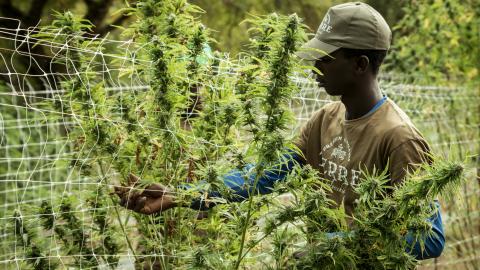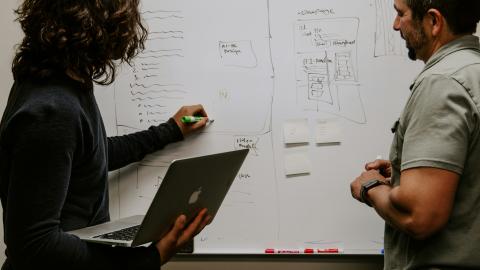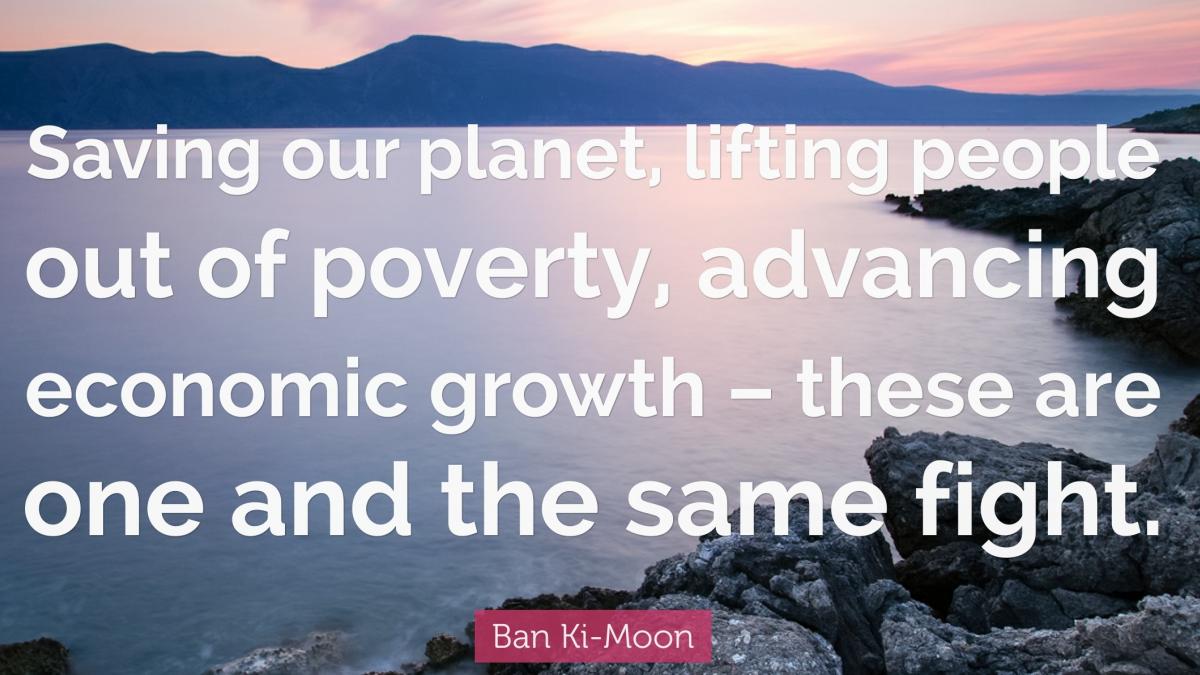
February 12, 2020
Faculty, students, and staff recently returned from another engaging year at the Cascadia 2020 conference on environmental, occupational, and population health. Ninety researchers and students from the University of Washington, University of British Columbia, Simon Fraser University, and Oregon State University attended the 31st annual Cascadia conference, January 9-10, 2020. The conference, also known as “Semiahmoo” because of its many years hosted at the Blaine, Washington resort, was held at the Quality Hotel & Conference Center is Abbotsford, British Columbia.
This year’s conference highlighted state of the art research in occupational and environmental health sciences. Climate change was on everyone’s mind and is clearly driving the research and action agenda.
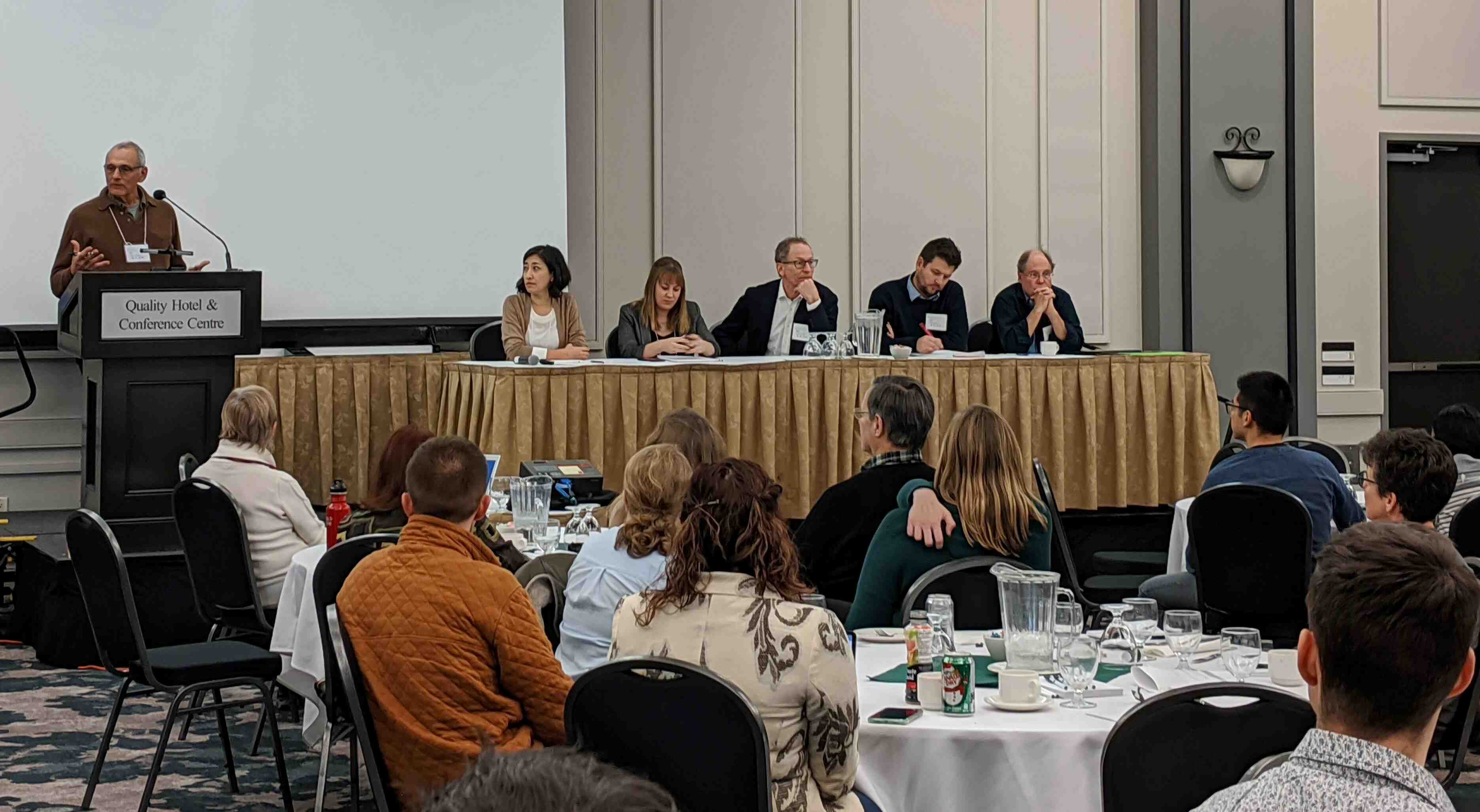
Dr. Craig Stephen, DVM, PhD led off the conference with the Bates Memorial Lecture. Dr. Stephen provided a holistic perspective on where we are as a species and planet. By doing so, Dr. Stephen set the stage for wide-ranging discussion about how work, environmental, and animal health are interconnected. He discussed how increased consumption of natural resources to maintain higher standards of living is completely unsustainable. Society needs to find a way to bring people out of poverty and enable them to have healthy lives without further straining our planet. This strain creates intergenerational inequity as “everything we do to make society better [today] takes from future generation’s well-being.”
Representatives from all participating institutions reacted to Dr. Stephen’s remarks by offering broad and inclusive approaches to environmental and occupational health. They discussed the linkages between climate, environment, and human exposures at work and home.
June Spector, MD, MPH discussed how heat exposure and forests are integrally connected: “where deforestation occurs is where heat exposure occurs.” As we destroy forests we not only create a hotter planet, we also create hotter work places which reduces the number of safe outdoor work hours.
Tim Takaro, MD, MPH, MSc concluded the panel by calling upon attendees to act decisively. He argued that publishing academic papers is not enough and made the case that environmental academics have a duty to also participate in civil disobedience as an appropriate response to the crisis which climate change presents.
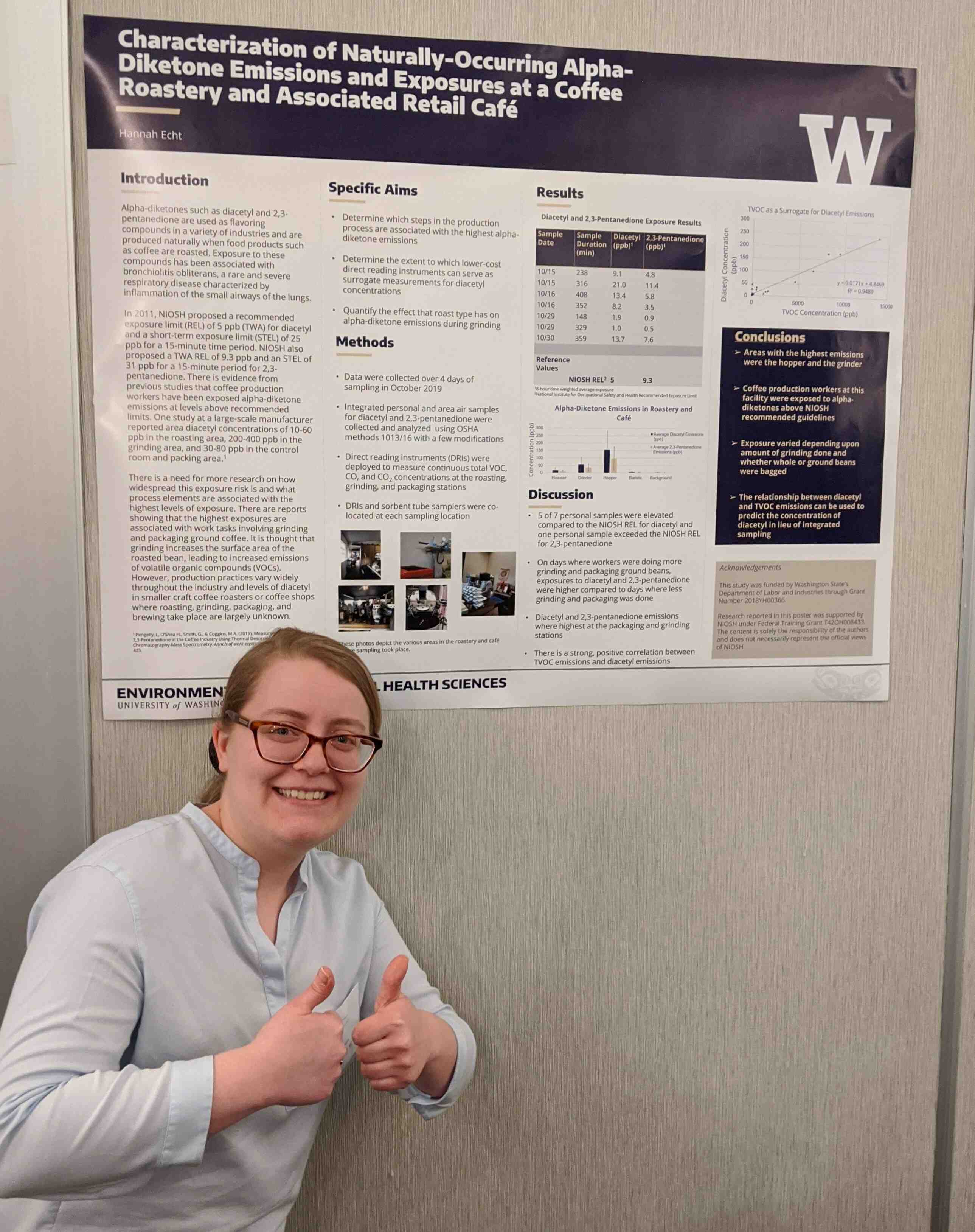
University of Washington faculty and students actively participated in the research presentations and roundtable discussions. Faculty attending: Noah Seixas, June Spector, Peter Rabinowitz, Jeanne Sears, Bill Daniell, BJ Cummings, Marissa Baker, Chris Simpson, Debra Cherry, and Stephen Berzruchka. UW Occupational and Environmental Medicine resident, Duane Robinson also participated.
Students had various venues to present and share their research. The following NWCOHS trainees gave 5-minute “Ignite” presentations: Richard Taing (A welder’s occupational wheeze), Allyson O’Connor (Burnout: Addressing a Silent Epidemic in Healthcare), Erica Chavez Santos (A multi-level approach to heat related illness prevention for agricultural workers), and Brianna Willis (Perceived exposures of disaster scientists that participated in the Ridgecrest earthquake reconnaissance).
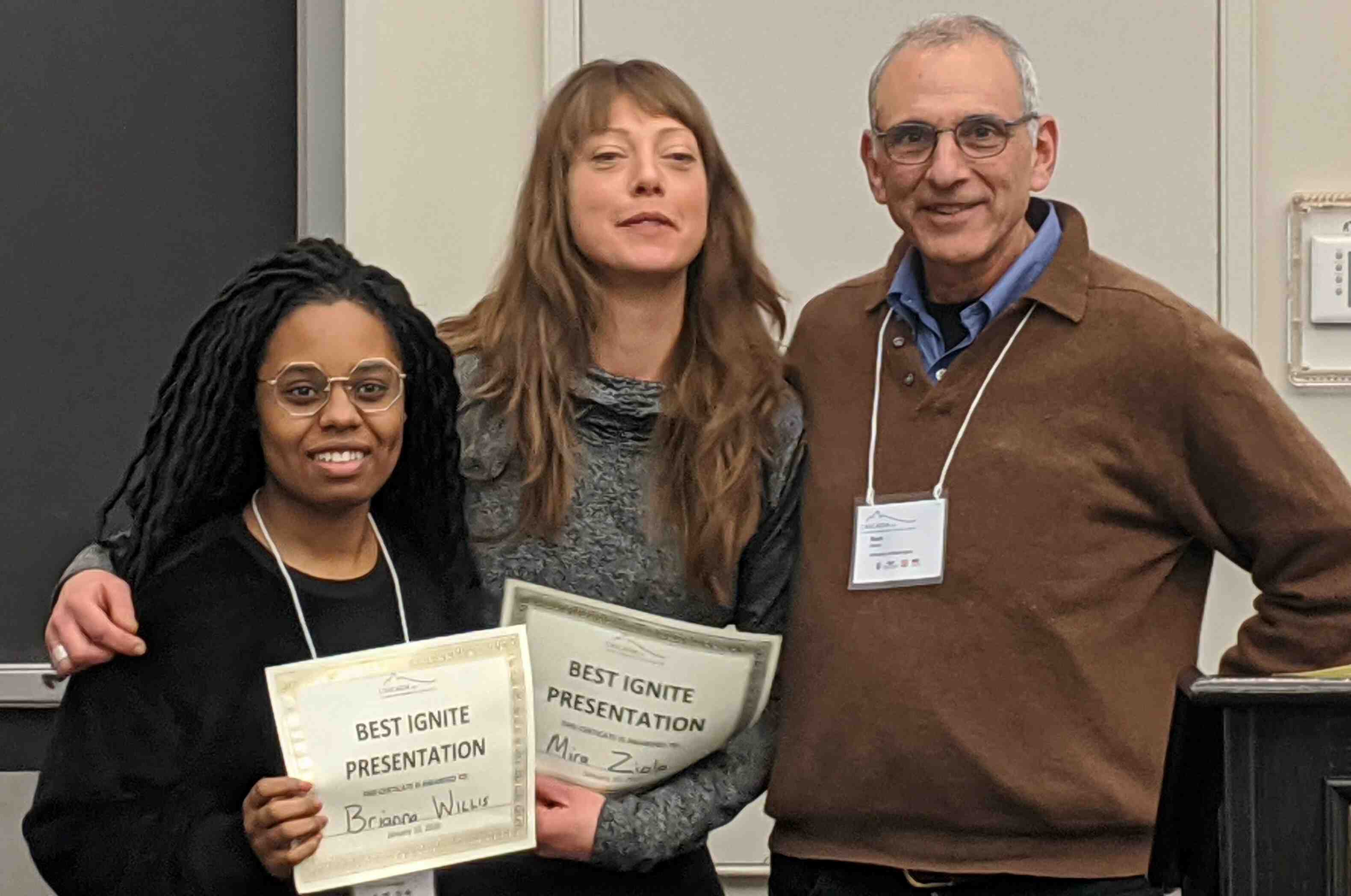
As attendees mingled during the evening reception, NWCOHS trainees shared their research posters: Michael Cashman (Hemiparesis in a seasonal grain elevator operator: case presentation and exposure assessment) and Hannah Echt (Characterization of naturally occurring alpha-diketone exposures at a coffee roasting facility and associated café). Note: Marine de Marken (Farm exposure and IgE levels in adult dairy workers in the Yakima Valley)’s poster was accepted, though she was unable to attend.
Throughout the conference attendees rated the student presentations and posters. There was stiff competition for awards, but Brianna Willis’s passionate presentation about risks to disaster researchers doing field work won for Best Ignite Presentation.
On the final morning (and despite the snow falling outside) attendees participated in four roundtable discussions. UW staff member, Gary Bangs, and NWCOHS trainee, Srivani Kanumuri, co-led a discussion on risk communication.
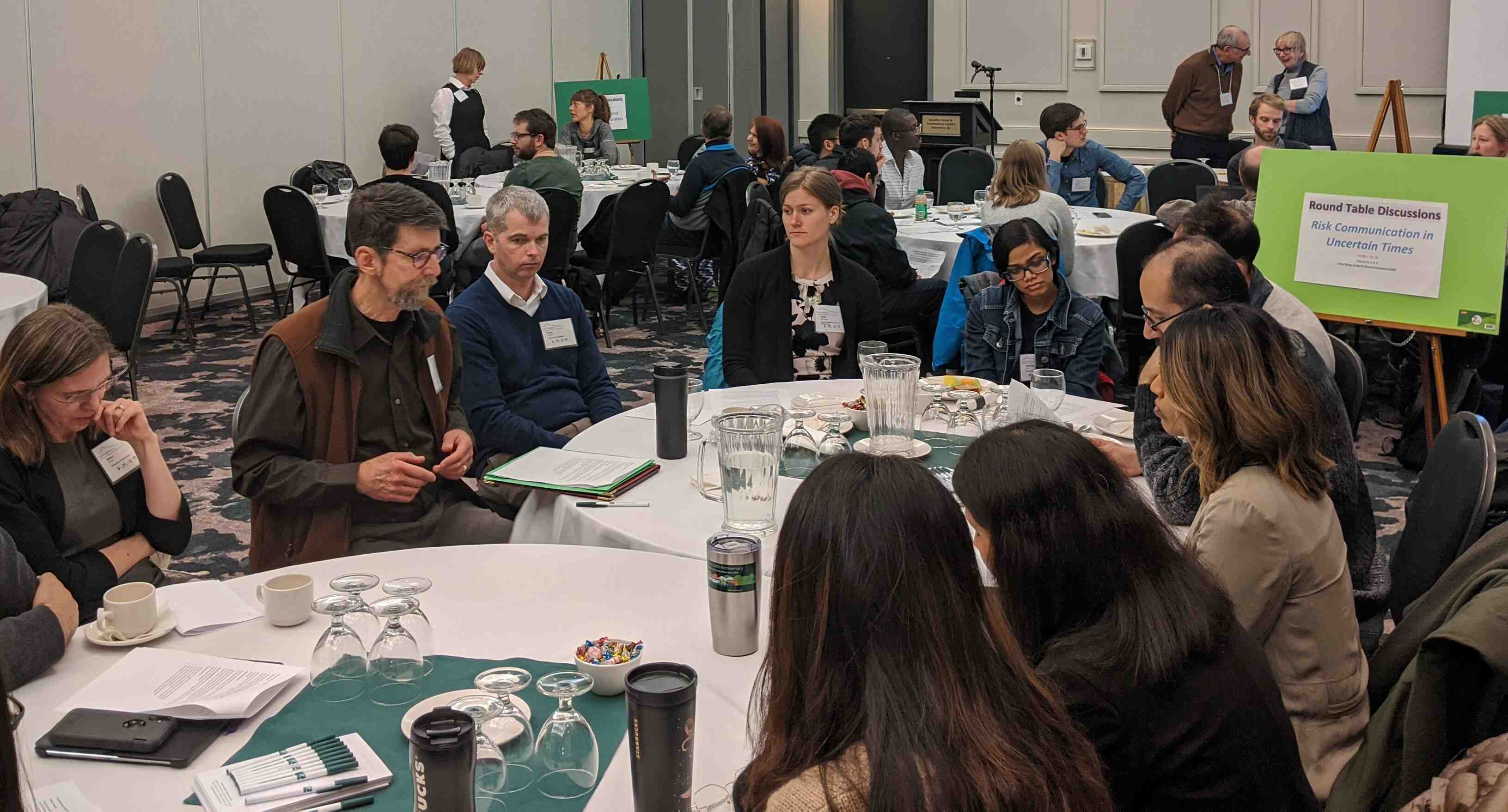
Once again the Cascadia conference was a great opportunity for students and faculty to interact with colleagues from nearby Pacific Northwest institutions. While the fields of occupational and environmental health have always commented on their similar perspectives, but simultaneously struggled to find common ground in research, the presentations at this meeting seemed to begin breaching the barrier. Work and non-work environmental health are beginning to integrate into a more holistic view of the influences on population health. The work presented by this interinstitutional and international community at the Cascadia Conference demonstrated our collective momentum in this direction. And, by the way, the Abbotsford Quality Hotel & Conference provided attendees an excellent venue (and great food) in which we could explore these complex issues and to plant the seeds for future research questions and collaborations.
More information about this year’s conference or planning for next year: contact nwcohs@uw.edu


